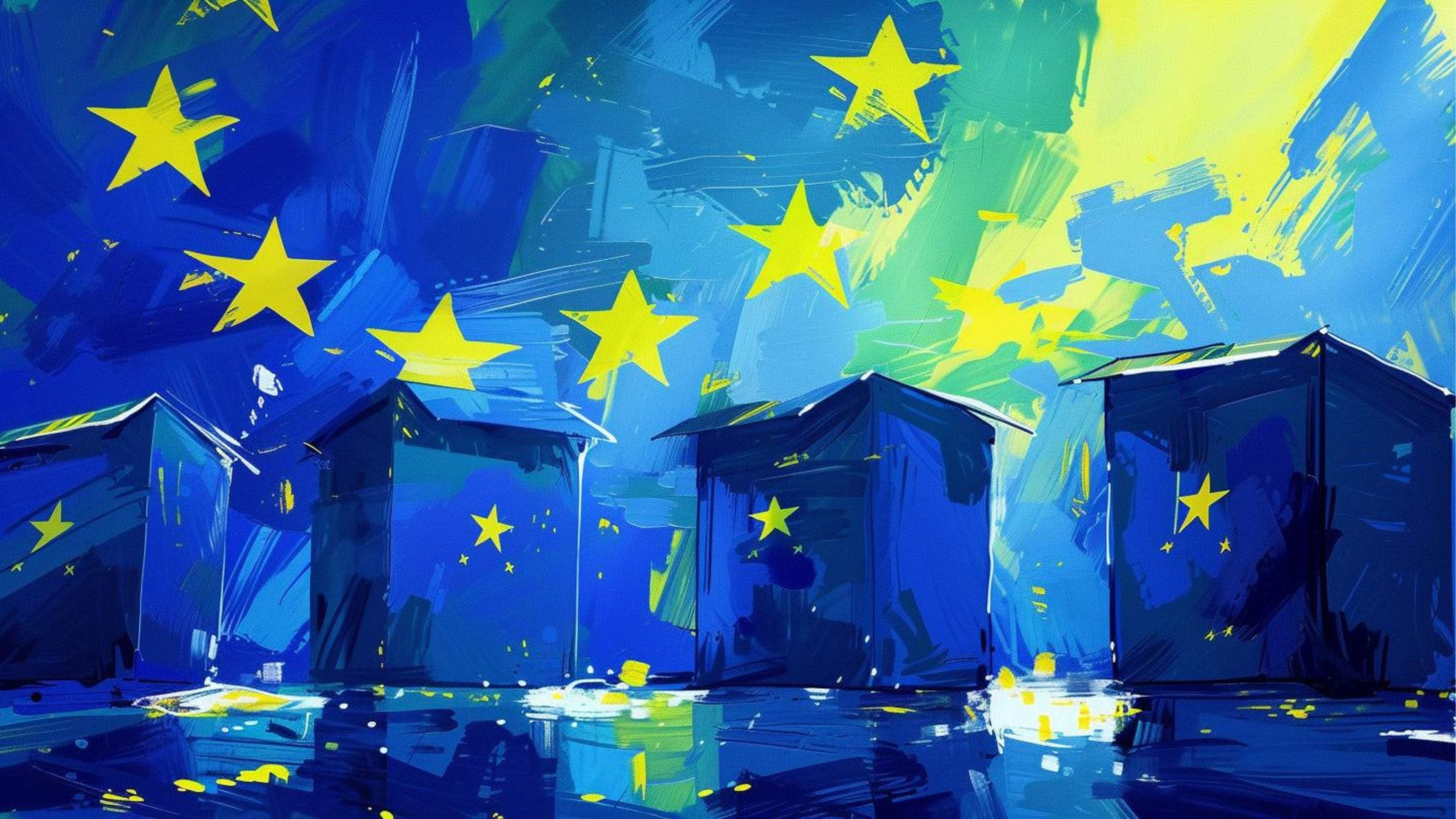The European Union has announced that it has started putting together what it calls “guidelines for election integrity” – but what critics will describe in plain language as censorship guidelines that Big Tech is supposed to follow.
The process of drafting these instructions, a part of the Digital Services Act (DSA), was initiated with a public consultation that will last until March 7, and the EU said these will be the first guidelines under the DSA.
Social media and services covered by it are referred to as Very Large Online Platforms and Search Engines, and they are the ones who will be expected to implement what the EU thinks are “best practices and possible measures to mitigate systemic risks” related to elections.
The concept of free and fair elections is long-standing, but the EU has managed to work the term “resilient elections” in there as well, as the ultimate goal of the new guidelines.
The draft also gives examples of what the bloc considers to be good ways to censor unwanted content – where censorship is referred to as “mitigating measures.” Particular attention is paid to generative AI, i.e, deepfakes.
The platforms are supposed to stick to the guidelines before, as well as after the voting, and for once, “billions of people all around the world going to the polls this year” are not mentioned as the justification for the “measures.”
At least the EU does not do it while announcing the drafting of the guidelines, although legacy media do, while reporting about it. Executive Vice-President for a Europe Fit for the Digital Age Margrethe Vestager is quoted as saying that the concern here are elections at various levels in EU nation-states, as well as those for the European Parliament.
According to Vestager, voters must discuss issues online “in a safe way.”
Meanwhile, the DSA is already there as the base for EU’s interference in the way social media manage content on their platforms.
EU Commissioner for Internal Market Thierry Breton made a point of DSA’s usefulness here, reminding everyone in his comments that the act is the first to “address systemic risks on online platforms that can have real-world negative effects on our democratic societies” and enables things like the guidelines that are being drafted.
And, the DSA currently applies its rules to 19 platforms.








